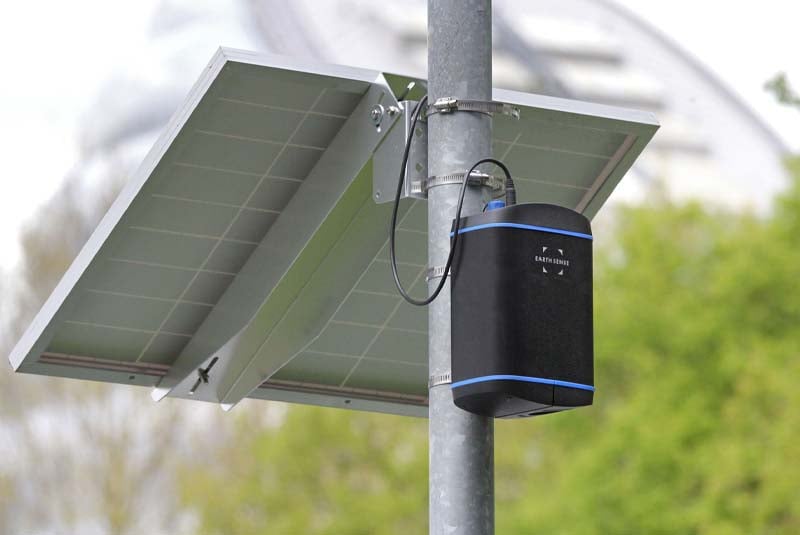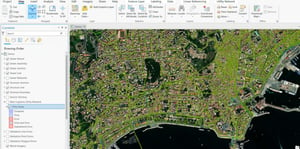Birmingham City Council has launched a scheme to deploy 376 real-time air quality sensors at schools across the city, provided free of charge by environmental monitoring specialist EarthSense. The project will install one sensor on the exterior façade of each participating primary and secondary school, along with an additional unit at the Ladywood air quality station for calibration against existing monitoring equipment. The sensors are capable of measuring nitrogen dioxide (NO₂) and particulate matter (PM₁₀ and PM₂.₅).
Data collected from the network will be made publicly accessible through an online portal that hosts downloadable factsheets and analytics to support awareness-raising and education. The initiative forms part of the council’s broader efforts to meet legal air-quality obligations under the Environment Act 1995 by tracking NO₂, PM₁₀, PM₂.₅ and sulphur dioxide (SO₂) levels across the city. According to the Department for Environment, Food & Rural Affairs (DEFRA), NO₂ concentrations in Birmingham can be as much as 50 % above permitted levels.
While the exact investment cost for the full rollout has not been publicly disclosed, an earlier contract for 70 real-time sensors awarded in January 2022 was valued at £114,178. The rollout represents a significant scale-up from initial pilot phases and positions Birmingham as among the more proactive UK local authorities in school-based ambient monitoring.








